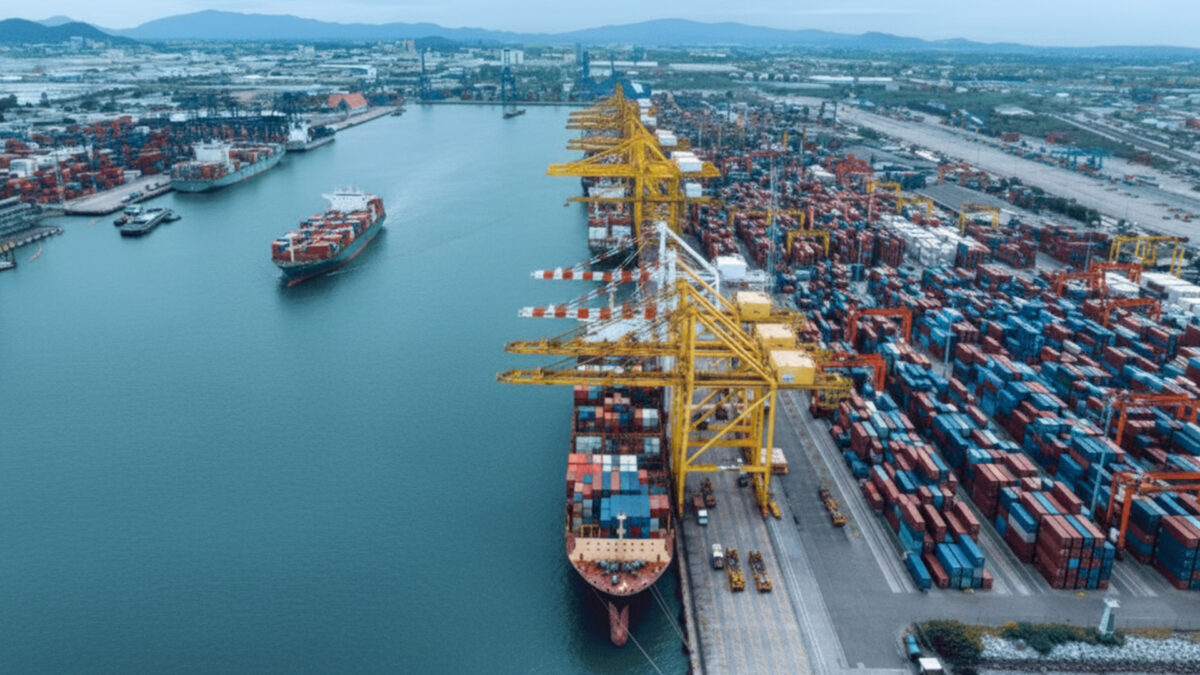India’s largest private port operator, Adani Ports and Logistics, has announced that vessels sanctioned by the United States, European Union, and United Kingdom will no longer be allowed at any of its 14 ports. The policy, which takes effect immediately, aims to align with international sanctions and avoid potential legal and commercial risks linked to vessels associated with Russian or Iranian shipping.
The directive requires vessel agents to provide written assurance that their ships are not subject to sanctions at the time of nomination. This step reflects Adani Ports’ commitment to adhering to global trade and security norms amid growing geopolitical tensions.
The decision follows increased scrutiny of maritime activities involving Russia and Iran, particularly the so-called “shadow fleet” used to transport crude oil. After sanctions by Western nations targeting Russian energy exports, these vessels have been used to sustain oil shipments despite restrictions. India, though not bound by unilateral sanctions, has been monitoring transactions and vessels involved in such trade.
The policy change could have far-reaching implications for Indian refiners that depend on Adani’s port facilities for importing crude oil. HPCL-Mittal Energy Ltd, which runs a 226,000-barrels-per-day refinery in Punjab, receives all its crude at Adani’s Mundra Port. Similarly, Indian Oil Corporation, the country’s largest refiner, imports crude at multiple ports, including those operated by Adani. The new restrictions may disrupt these supply chains and prompt refiners to explore alternative routes or suppliers.
Adani’s move reflects a cautious approach aimed at safeguarding its operations from sanctions-related penalties while ensuring compliance with evolving global standards. The decision aligns with broader efforts to curtail sanctioned trade and strengthen enforcement mechanisms across the maritime sector.
As trade dynamics continue to shift, Adani Ports’ policy adjustment highlights the growing challenges faced by global supply chains in balancing operational efficiency with regulatory compliance. With increased attention on oil shipments and financial sanctions, the port operator’s actions underscore the delicate balancing act between commercial interests and geopolitical responsibilities.
The move is likely to influence how port operators, shipping companies, and energy suppliers navigate global trade frameworks in the coming years.
